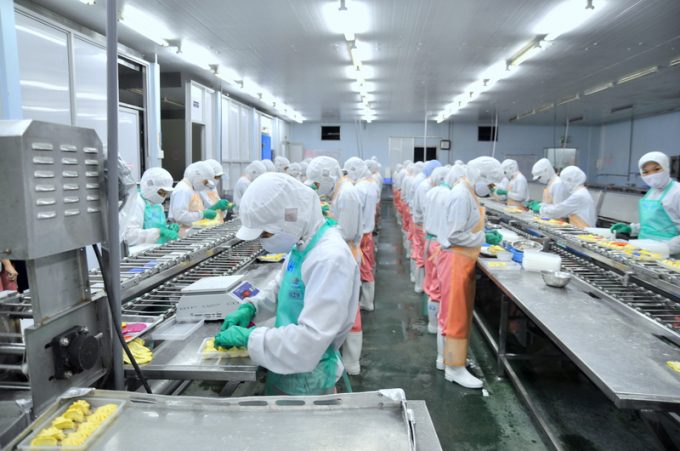Sri Lanka wants western designer labels to use its manufacturing capacity
Sri Lankan garment manufacturers are eyeing an export rebound, avoiding a substantive recession, with the ...

Production in South Vietnam is struggling under the weight of a prolonged lockdown, with manufactures and logistics firms warning of mounting financial costs, labour shortages and supply chain disruption.
Yesterday, Ho Chi Minh City introduced the strictest Covid restrictions to date: residents must not leave their homes for at least the next two weeks, even for food.
Troops have been deployed to enforce the “stay home” order and to deliver food to districts where the outbreak is most severe among the city’s ...
Trump tariffs see hundreds of cancelled container bookings a day from Asia
'Disastrous' DSV-Schenker merger would 'disrupt European haulage market'
'To ship or not to ship', the question for US importers amid tariff uncertainty
'Chaos after chaos' coming from de minimis changes and more tariffs
List of blanked transpac sailings grows as trade war heats up and demand cools
EC approves DSV takeover of DB Schenker
Shippers in Asia restart ocean shipment bookings – but not from China
Forto 'sharpens commercial priorities' as it lays off one-third of staff
India withdraws access for Bangladesh transhipments, in 'very harmful' decision
'Tariff hell' leaves industries in limbo – 'not a great environment to plan'
IndiGo fleet expansion plan will include a major push to boost cargo volumes
Pre-tariff rush of goods from US to China sees air rates soar, but not for long

Comment on this article